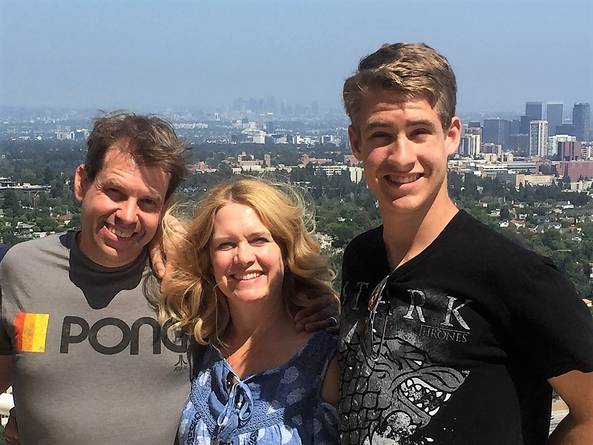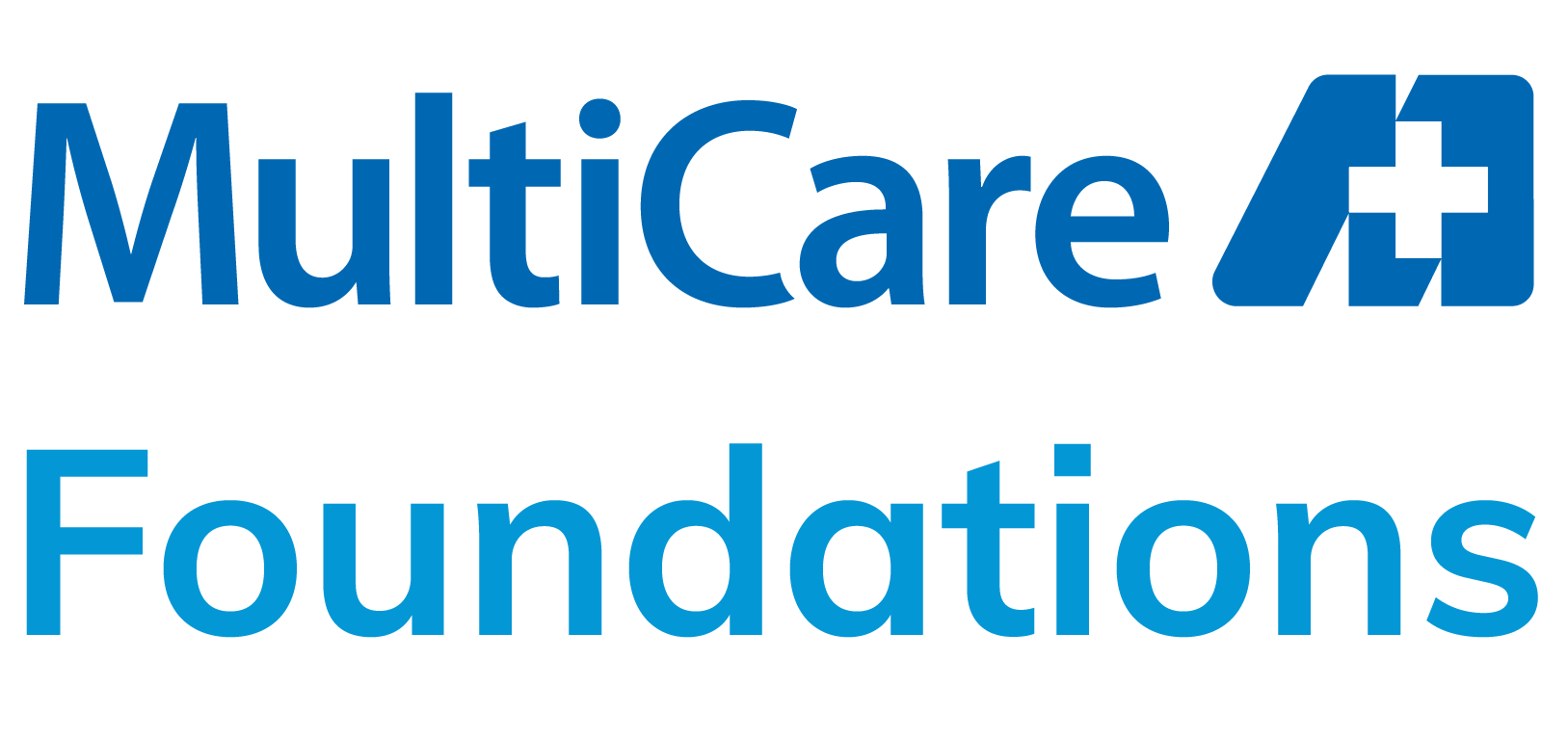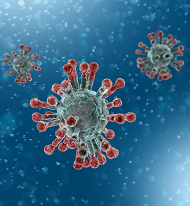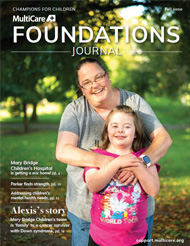Indigo Urgent Care, Mary Bridge help local teen during cardiac emergency

By Kortney Scroger
The New Year began with a shock for the Quisenberry family when a precautionary visit to urgent care quickly turned into a cardiac emergency.
Ryan Quisenberry, 17, had experienced heart palpitations on three previous occasions in the past year that made him feel drowsy. When he started feeling palpitations on Jan. 1, 2018, his family brought him to the MultiCare Indigo Urgent Care at James Center in Tacoma.
“Initially, we were just going to the clinic on the recommendation of our pediatric cardiologist to get a copy of an electrocardiogram (EKG),” says Ryan’s mom, Jackie. “We weren’t panicked or concerned. I called ahead and when we arrived, we were met by the doctor on duty.”
The doctor asked Jackie and her husband Cliff a few follow-up questions, then took Ryan to get his EKG.
“At this point, we were not worried in the slightest,” Jackie says. “We thought this was going to end quickly because it had in the past. Of course it didn’t end — it only progressed and became more emergent.”
Ryan’s heart rate began to elevate rapidly. He had experienced palpitations before — but nothing like this.
Following protocol, the Indigo staff prepared Ryan and his family for immediate transport to the Mary Bridge Emergency Department (ED). As they loaded Ryan into the ambulance, his heart rate spiked to more than 200 beats per minute. With the help of the Tacoma Fire Department, Ryan and his family reached Mary Bridge.
“It was a surreal TV-like experience,” Ryan recalls. “I was getting rolled down the hallway in this gurney. At the end of the hallway was the emergency room where 10-12 people were waiting for me.”
Shortly after he arrived, a team of care providers in the ED began their first attempt at correcting his arrhythmia and returning his heart back to regular rhythm using a chemical injection.
“After the second double dose of the chemical correction failed, they moved me to the intensive care unit and then some time later used a defibrillator to electrically cardiovert (shock) me — twice,” Ryan explains. “That was when my heart rate returned to normal.”
Throughout the emergency, Ryan and his parents appreciated that all the providers were calm throughout the ordeal, which helped them feel less stressed.
“We always felt we were getting the best of the best and that he was safe,” Jackie says. “I can’t think of anything they could have done to make it better. There are people who do a job and there are people who are genuine caregivers. It’s obvious that everyone at Mary Bridge is meant to be doing what they’re doing.”
Ryan was diagnosed with atrial fibrillation (a-fib), which is a heart condition that causes the upper and lower chambers to be out of sync with each other. This can happen at any moment and is triggered by circumstances that cannot be controlled. Although a-fib is typically found in geriatric patients, there are rare cases of teens with the condition.
Ryan has followed up with multiple cardiac specialists and is treating his condition with medication (a beta blocker). His reaction to this medicine, whether or not he continues to have arrhythmic episodes, will determine if he will need a procedure known as cardiac ablation that will remove unnecessary tissue.
Ryan has used this emergency as a learning experience and is happy that he now knows more about his condition.
“It’s almost better that I know this now,” he says. “I’m young enough to have the procedures that need to be done with minimal risk. Overall, my MultiCare experience was fantastic given the situation. Every person I met with or who was involved in my recovery — I can’t thank them enough.”



